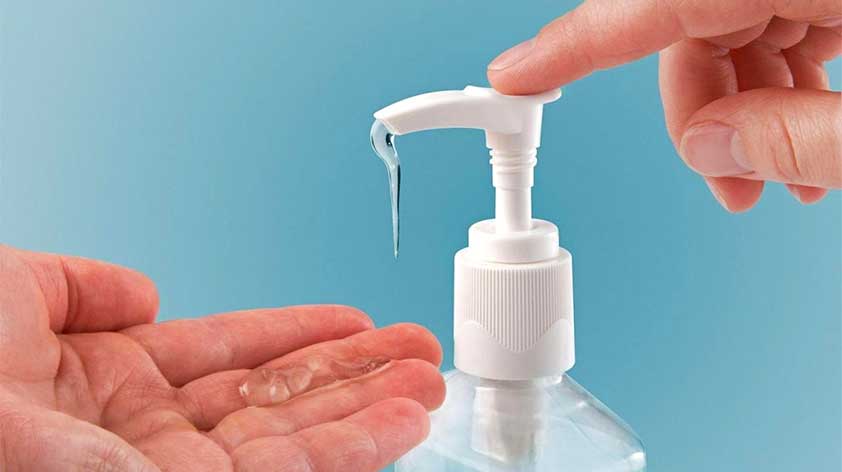
As the alert around COVID-19 continues globally, hand sanitizers are flying off shelves in every store and are selling rapidly on every online ecommerce store too. However, according to experts, not all hand sanitizers are equally effective against the virus. It’s hard not to want to buy one of the many hand sanitizers labelled “Kills 99.9% of germs”. But, that doesn’t necessarily mean that the product will protect you against the novel coronavirus. Alcohol is known to kill most germs. Want to get a bit more of an insight? Then read on for Hand Sanitizers: Not All of Them Work!
Ensure Your Hand Sanitizer is 60
Hand sanitizers that are mostly alcohol-based often contain between 60-95%, and are generally made up of either isopropyl alcohol, n-propanol, or ethanol. Nevertheless, there are alcohol-free hand sanitizers, or in other words – hand sanitizers containing less than 60% of alcohol – that are also being sold in huge volumes.
These contain quaternary ammonium compounds instead of alcohol, and are not recommended by The Centers for Disease Control and Prevention (CDC) as they are not effective. Regardless of that, these alcohol-free products are still.selling out, with internet prices still pretty high. By looking at the listings, it is almost impossible to tell that they are different from the ones recommended by the CDC. Before the pandemic, for example, consumers could buy five litre bottles of JennyChem hand sanitizer gel for £33. That price has now doubled to £66.
Apply Properly for Maximum Protection
Microbiologists also claim that the manner in which you use and apply the product matters such as much as what’s inside it. You must begin by pouring a small amount in a cupped hand, moving the liquid around the palms first, and then the back of the hands. This should be followed by spreading it on the fingers, including the sides and the thumb – people generally tend to forget the thumb. In total, your hands should be wet with the sanitizer for about 20 seconds, so making sure that the right amount is drizzled onto the hand is crucial.
Hand Sanitizer: Not a Replacement for Washing Your Hands!
It is also important to remember though that the use of hand sanitizer does not replace washing your hands with soap and water. Research has found that the effect between soap and the friction of washing hands effectively reduces the number of microbes still present on our hands, along with other organic particles.
The act of coughing or sneezing into our hands also requires a lot more than just a spray of hand sanitizer to clean them. The reason for this is because the mucous that contaminates your hands acts as a protector against microbes, thereby making the hand sanitizer ineffective.









